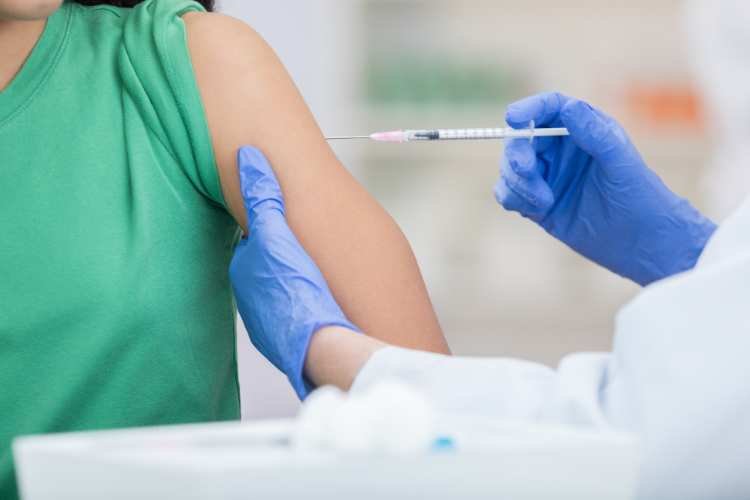The most recent flu pandemic occurred in 2009, generating significant anticipation but ultimately causing relatively low impact. However, the level of severity in the next flu pandemic remains uncertain. To address this uncertainty, the UK Health Security Agency (UKHSA) has unveiled a strategic agreement with CSL Seqirus to be on standby for the development and production of over 100 million strain-matched flu vaccines in the event of a pandemic declaration by the World Health Organization. This agreement is set to remain in effect for the next four years.
While the UK has had pandemic readiness plans in place for some time, this partnership offers an additional layer of preparedness. Crucially, vaccines produced under this agreement will be manufactured at CSL Seqirus’ facility in Liverpool, ensuring that the UK has a priority supply even in the face of global demand surpassing supply.
“This agreement represents a major step forward in our preparedness. Manufacturing these potentially life-saving vaccines inside the UK gives us speedier and more secure access, enabling us to roll them out to those who need them more quickly.”
– Jenny Harries, the UKHSA’s chief executive
CSL Seqirus is globally recognized as one of the largest vaccine manufacturing companies, specializing primarily in influenza and offering a range of services designed for swift response, as stated on its website.
Flu pandemics are notorious for their unpredictability and can emerge at any time. Since 1918, four pandemics have occurred, with the Spanish Flu pandemic of that year being the deadliest, claiming 50 million lives. The subsequent two pandemics took place in 1957 and 1968. The UK government has been actively engaged in enhancing its disease preparedness efforts. Recently, the Centre for Process Innovation inaugurated the RNA Centre of Excellence in Darlington, with the capacity to produce 100 million vaccines annually during emergencies, representing a £26.4 million ($32 million) investment.





























